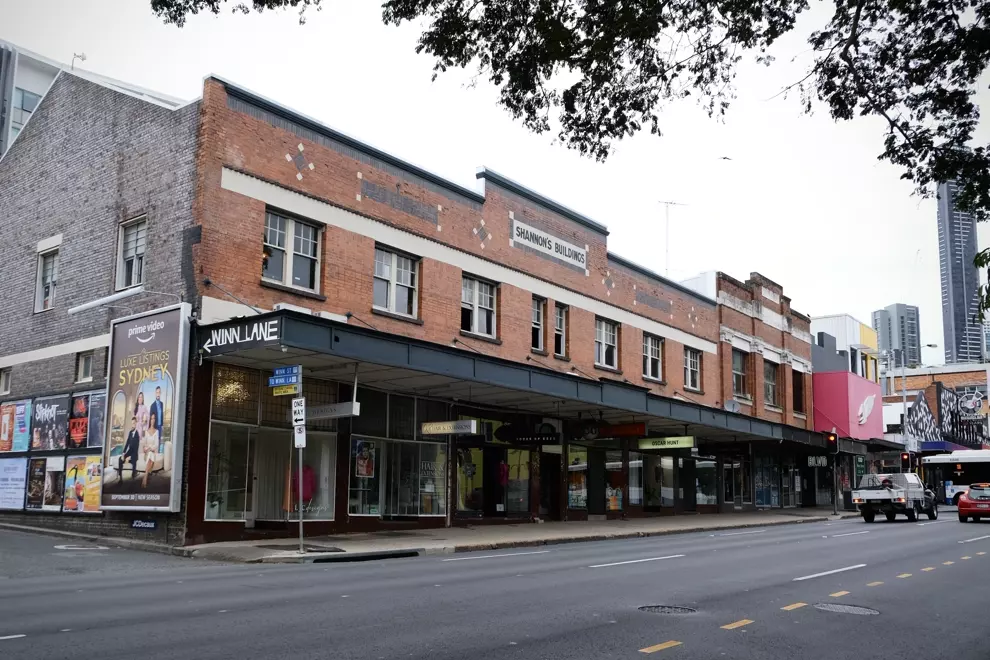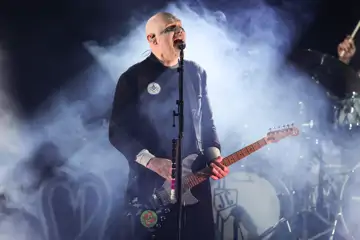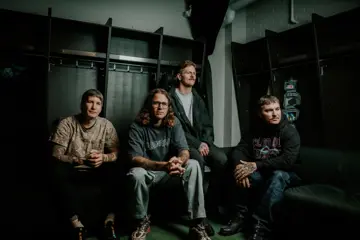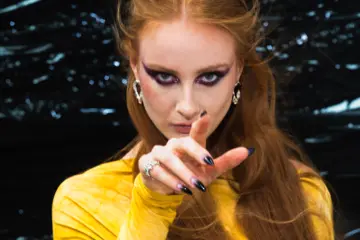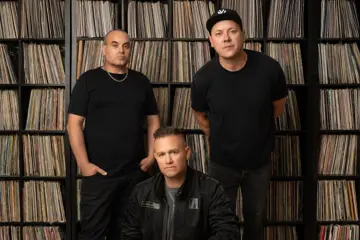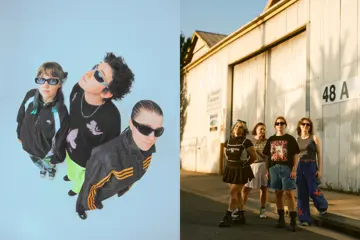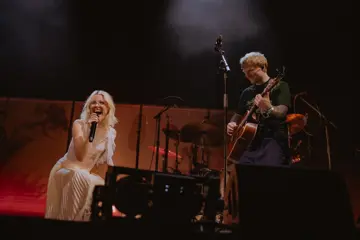When we find ourselves in times of trouble, music is a constant for many. But when live music itself falls on hard times, can we afford to just let it be?
Renowned Brisbane entertainment venue The Zoo will close its doors on July 8th after 32 years as an independently run performance space for touring artists and local musicians. The venue’s imminent closure has seen an outpouring of commiseration, with much of the Australian music community mourning what was colloquially known as ‘The home of live music in Brisbane’.
The Zoo’s downfall is not an isolated tragedy and has prompted a discussion of the broader cultural landscape that has triggered a compounding industry crisis. Stakeholders say there has been a noticeable shift in audience behaviours post-pandemic.
Shane Chidgzey, The Zoo’s current owner, says they have seen the opposite of what they were hoping for in terms of people's habits.
“The psyche now, which is being seen across the world, is that [young people] want big experiences,” Chidgzey says. “You want to go to things that can help you fill the cup that you didn't get to fill over the last three years.”
Chidgzey explains that while this attitude is wonderful, the change in audience priorities emerging amid a national cost-of-living crisis has left local music and independent venues fighting to compete with the big names.
Don't miss a beat with our FREE daily newsletter
“Say you save up for TayTay for six months or seven months and go to Melbourne or Sydney; that's your budget for entertainment gone for the year, which means you don't get to put any money into locals and everything else that goes with it,” he says.
The decision to close The Zoo was based on the fact that the venue had been operating at a loss for three years and was unable to secure the financial support needed to continue operating in the current socio-economic climate.
Chidgzey emphasises that the business would prefer to go out with dignity while they can still support staff and uphold their foundational ‘artist-first’ values, which he believes are imperative to being a responsible venue.
“It’s the way we've always led. Bands will always get to feel like they're massive artists as they should,” he says.
“The Zoo is kind of like a rite of passage; it's not some sort of a mandatory requirement, obviously, but if you headline The Zoo, you've kind of made it, and over the years, we’ve seen that for a lot of performers.
“But we're getting more asks for ‘what time is the headliner on?’, and people are rocking up ten minutes before the headliners, watching the show, and leaving, which doesn't leave a lot of time for the venue to recover costs.”
Chidgzey comments on the strong focus on The Zoo’s history following the closure announcement in May and says that while these conversations are valuable, they are neglecting the bands of today, who need support now more than ever.
“You should be seeing the opener because that opener will be the band that you're seeing in the future,” he says. “It's a tad annoying when every single interview that's come to date just goes back to talk about the Pixies [and] Powderfinger [and] I get that that's a big part of the history, but they should be talking about The Chats, Violent Soho, The Bennies, DZ Deathrays, [and] Total Pace because they are the bands of now.”
Chidgzey says truly supporting artists and venues today takes more than just turning up to a gig and highlights the financial strain supporting the ethos and live music ecosystem puts on young audiences.
“You need to be buying a ticket early, going to the venue and buying food or a few drinks, and buying some merch,” he says. “The sad reality is that it is becoming less and less realistic for our main audience demographic.”
Financially supporting bands and venues in today's economic climate means making secondary purchases outside of just your concert ticket. Chidgzey put that into perspective.
“At our venue, most of our ticket sales are $15 to $35. Then you’ve got to get here, and even public transport is ridiculously expensive now! So, let's say [it will be] another $10, at least. You come in, you have two drinks, and then you buy a shirt or a record, and you're at $120,” he said.
Brisbane-based record producer and musician Dr Yanto Browning says changing habits, financial strain and shifting priorities have all taken a toll on the live music industry since the COVID-19 pandemic.
“When something like The Zoo closes, there is this sadness from both the people who put music on there, but also from audience members who have also been a part of that community,” Browning says.
“I think the current state of the music industry does come down to this perfect storm. Post-COVID behaviour means people don't want to buy in pre-sales anymore because they worry it's going to be cancelled. So, you wait until the last minute, but the people who are promoting those shows can't rely on that.
“I think it opens up an interesting and important conversation about cultural heritage and whether or not the government should step in to protect things that are culturally important,” he says.
Browning highlights the value of live entertainment to social well-being and posits that a better balance could be struck between streaming and online entertainment. He says while the industry itself needs to be more sustainable for venue owners and artists, a big part of achieving that relies on training a maintainable audience.
“Going out and seeing people play music with other like-minded people gives you a sense of your place in the world,” Browning says. “When you get married, there'll be music. If you go to a funeral, there's music. It's kind of just assumed that it will always be there. I think unless people are mindful of the conditions that allow it to flourish, and if those conditions are not present, then you're not going to get that next crop, or it'll be a different thing.”
The impacts have not gone unnoticed by locals. Alek Betchswar, a 23-year-old from Brisbane, enjoys seeing smaller local and international bands who simply couldn't fill Brisbane Entertainment Centre or Suncorp Stadium. He says the live music scene has been “evidently struggling,” and he is concerned about what this could mean for future experiences.
“Bands like Tiny Moving Parts, Hot Mulligan, Free Throw and Neck Deep are a few I’ve seen in the last 12 months that wouldn’t have been able to come to Brisbane without smaller venues surviving,” Betchswar says. “Live music to me is catharsis, a way to let out stress while seeing, interacting and connecting with bands I admire and enjoy, immersed in a crowd of people feeling the same way.”
Dr Yanto Browning says there is no shortage of emerging young artists, but without the government's more active support and recognition, opportunities for local artists and independent venues in the Australian music industry will be limited.
“Whenever things go bad, often the music world would come together to try and find ways to support that. And then when things went really bad for the music world, it was kind of crickets,” he says. “You know, like, where do we go for help? I think this is where the question of supporting, subsidising, assisting, or preserving comes down to a government-level question.”
A report from the Parliament of Australia is expected following the current inquiry into the challenges and opportunities in the Australian music industry post-COVID-19. Many key players and industry professionals, including Dr Browning, have contributed submissions.

